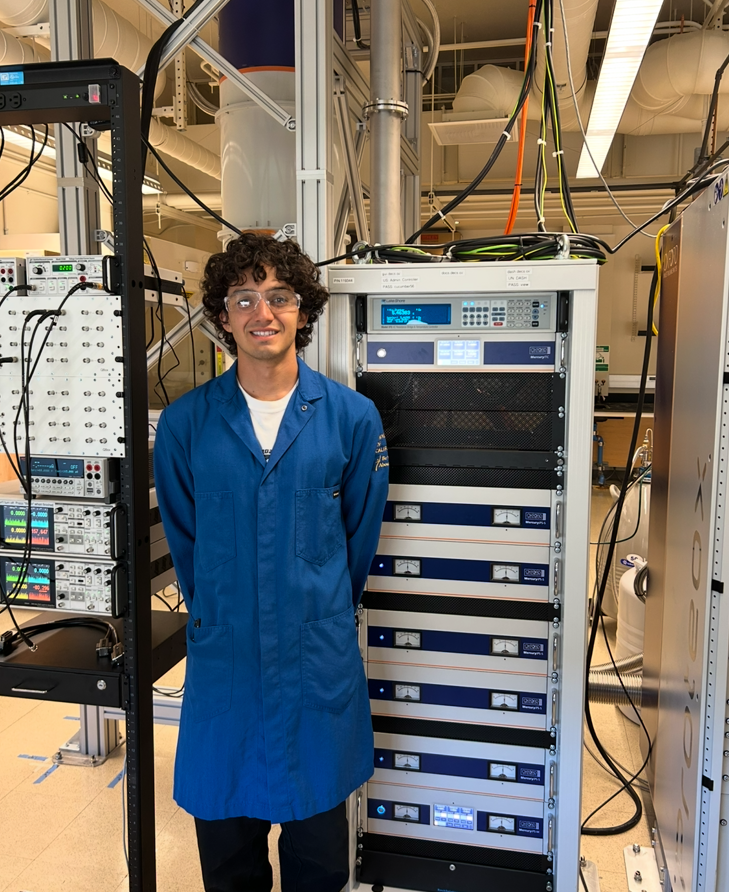
Quantum computing is currently limited by the short coherence times of conventional qubits, which arise from their susceptibility to environmental noise. Majorana zero modes (MZMs), localized boundary states in topological superconductors, offer a promising route toward building qubits that are inherently robust against noise due to their topological protection. One approach to realizing these modes leverages the proximity effect between conventional s wave superconductors and two-dimensional topological insulators (2D TIs). We investigate planar Josephson junctions incorporating thin films of cadmium arsenide (Cd3As2), a material recently shown to be a 2D TI. Measurements of the critical current as a function of magnetic field confirm the presence of induced superconductivity. The dependence of critical current on the applied gate voltage is consistent with the Fermi level nearing the topological gap, while superconducting quantum interference (SQI) patterns indicate the presence of Abrikosov (anti-) vortices, highlighting the need for further measurements on more refined devices.